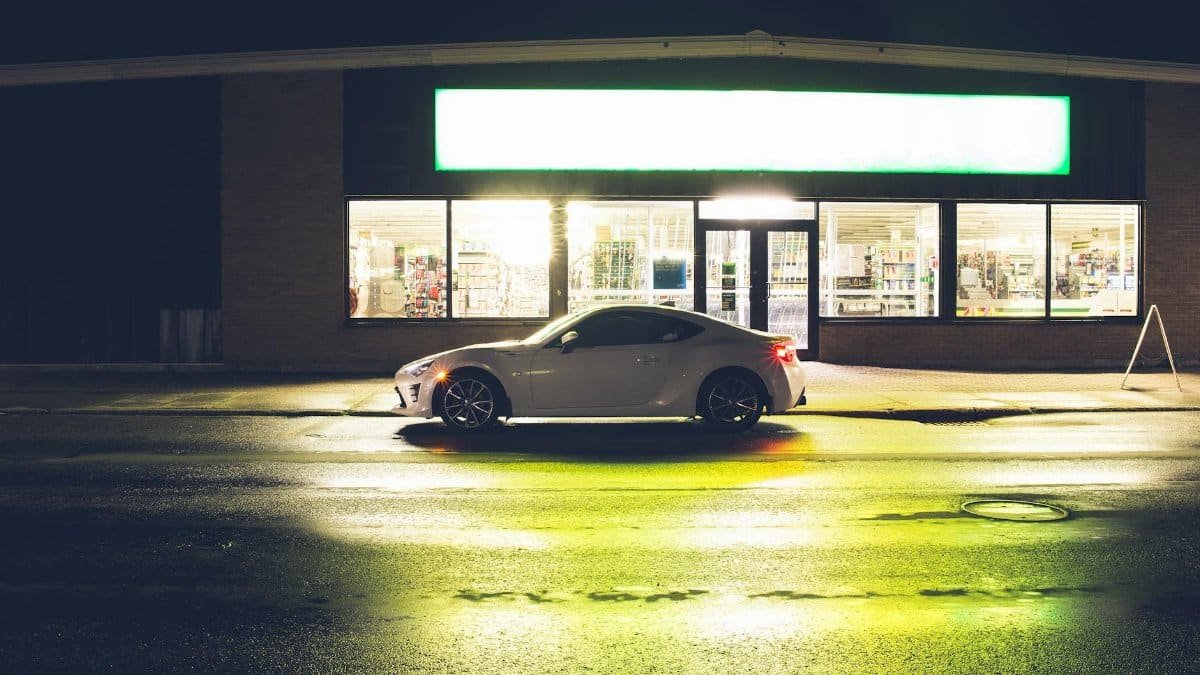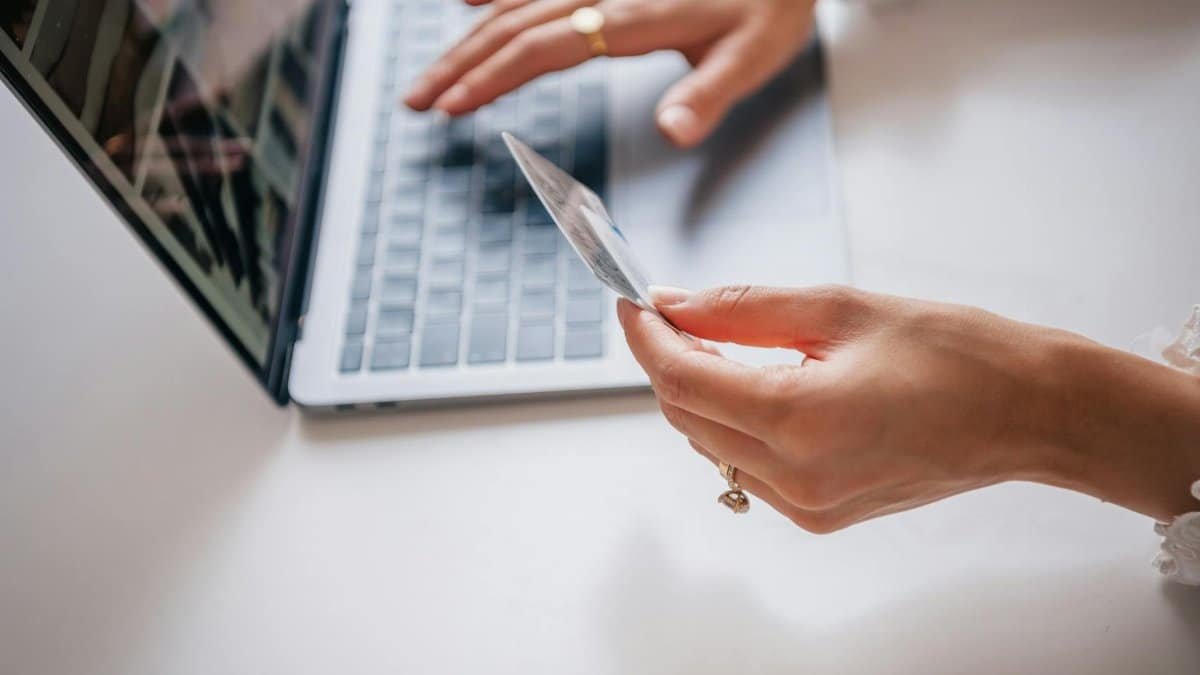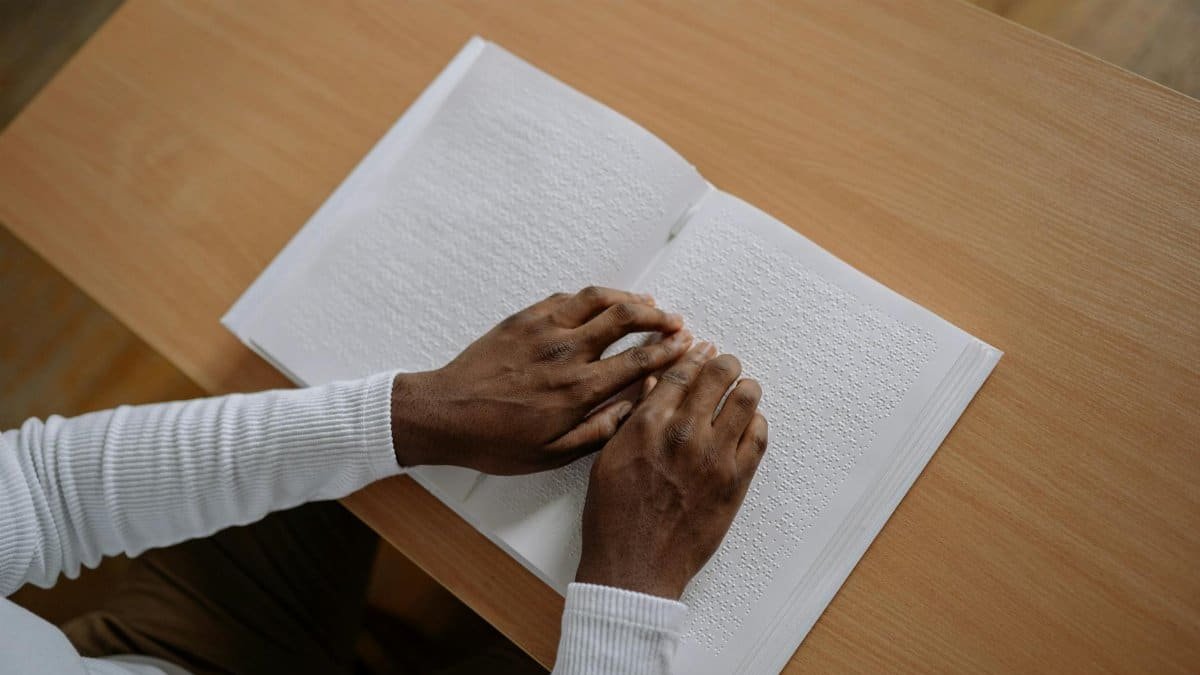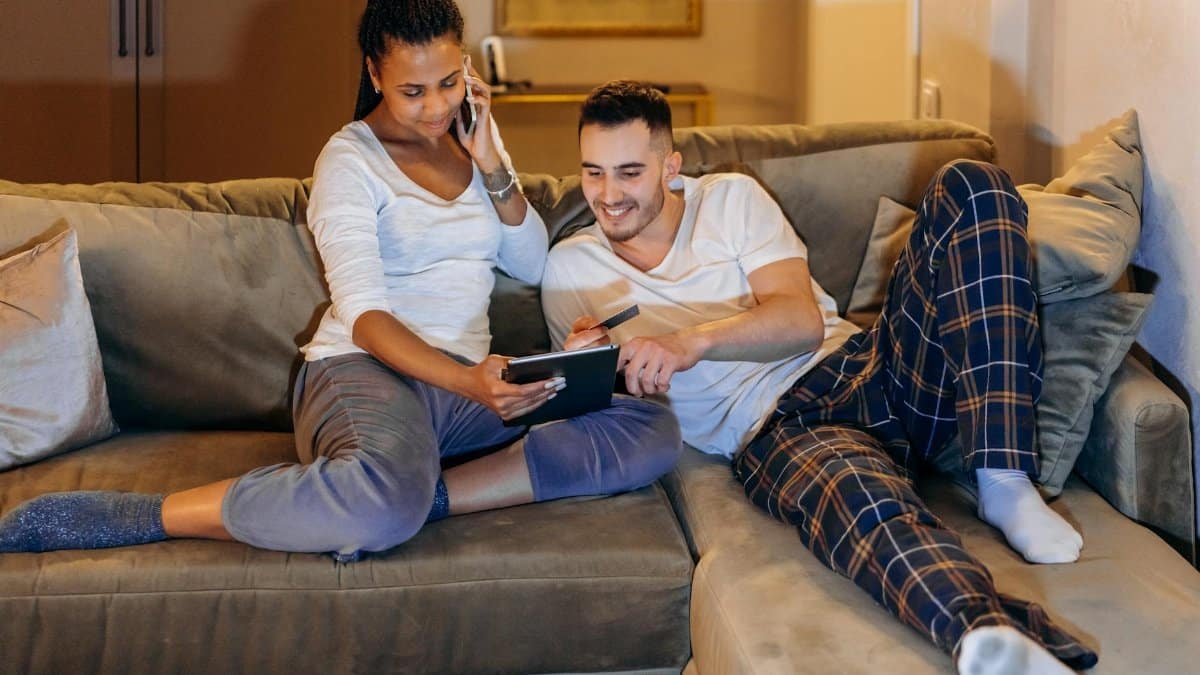Is late shop check really the solution to curb impulsive online purchases? This simple two-question strategy—asking yourself if you need the item and if you’ll thank yourself later—has gained traction among U.S. consumers battling late-night shopping sprees. With online retail sales hitting $1.1 trillion in 2023, according to the U.S. Census Bureau, mindless buying is a growing issue. Late shop check offers a quick mental pause, helping shoppers rethink decisions before clicking “buy.” It’s a small step, but could it reshape spending habits?
What Is Late Shop Check?

At its core, late shop check is a mental checkpoint for online shoppers. Before finalizing a purchase, you ask two questions: “Do I truly need this?” and “Will I thank myself for this later?” This tactic, often used during late-night browsing when impulse control dips, aims to break the cycle of unnecessary spending. It’s not backed by formal studies yet, but its simplicity has made it a popular tool among mindful living enthusiasts across social media platforms.
Why Late-Night Shopping Is a Trap

Late-night hours are prime time for impulsive buys. Fatigue and lowered self-control often lead to regrettable purchases, with many Americans admitting to spending sprees past midnight. A 2022 survey by the National Sleep Foundation found that 60% of adults struggle with decision-making when tired, often impacting financial choices. Online retailers capitalize on this, offering flash sales and one-click checkout to seal the deal before second thoughts kick in.
How the Two Questions Work

The late shop check hinges on two pointed questions. First, “Do I need this?” forces you to evaluate the item’s necessity—separating wants from essentials. Second, “Will I thank myself later?” pushes you to consider long-term satisfaction or potential buyer’s remorse. Together, these questions create a brief pause, often enough to stop a rash decision. Users report it takes under a minute but can save hundreds of dollars over time.
The Financial Impact of Impulse Buying

Impulse buying isn’t just a minor slip-up—it’s a costly habit. A 2023 report from Slickdeals noted that the average American spends $314 monthly on unplanned purchases, with online shopping accounting for a significant chunk. Over a year, that’s nearly $3,800. Late-night sessions, fueled by stress or boredom, often inflate these numbers. Tools like late shop check aim to cut through the haze, offering a practical way to rethink spending.
Real-World Success Stories

Some shoppers swear by this method. Jessica T., a 34-year-old from Chicago, shared that using late shop check slashed her monthly online spending by 40%. “I used to buy random gadgets at 1 a.m.,” she said. “Now, I wait until morning if I can’t answer both questions confidently.” Her story echoes many others on forums like Reddit, where users trade tips on mindful spending amid rising inflation pressures in 2025.
Supporting Data and Resources

For deeper context on consumer behavior, the U.S. Census Bureau’s retail sales data highlights the massive scale of online shopping, with e-commerce continuing to grow in 2025 ( U.S. Census Bureau Retail Data ). Additionally, the National Sleep Foundation offers insights into how sleep deprivation affects decision-making, a key factor in late-night purchases ( National Sleep Foundation ). These resources underline why a quick mental check can be a game-changer.
Tips to Make It Stick

Adopting late shop check takes practice. Start by setting a reminder on your phone or browser to pop up before checkout. Pair it with other habits, like logging out of shopping accounts after each session to add friction. If the urge hits late at night, commit to a 24-hour waiting period. These small barriers, combined with the two-question method, can rewire how you approach online spending over time.
